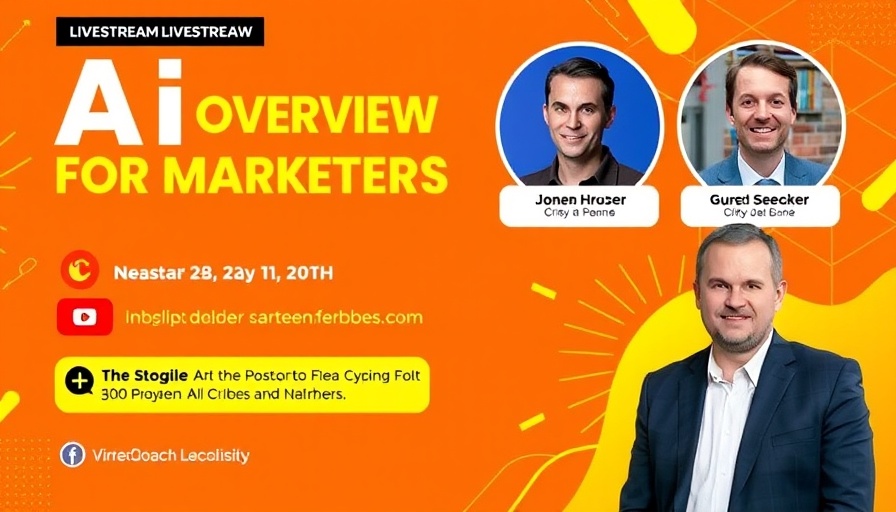
The Evolution of Leadership in the Age of AI
Have you ever wondered how Artificial Intelligence (AI) is reshaping leadership? Not just in the corporate world, but in thought leadership, influence, and power dynamics? Historically, leaders have had two significant advantages: access to exclusive information, and the ability to share impactful narratives. But as AI democratizes information, how does that change what it means to lead?
In For Post-AI Thought Leadership, Lean Into Trust | Rose-Colored Glasses, the discussion dives into how AI reshapes leadership, exploring key insights that sparked deeper analysis on our end.
Information Asymmetry Meets Automation
For centuries, leaders have relied on their unique insights to guide their teams and organizations. This information asymmetry allowed them to see what others could not. But now, thanks to AI, that advantage is being obliterated. Everyone—yes, even your neighbor—can now access the same data, analytics, and insights as the CEO of a Fortune 500 company. What does that mean for leadership?
In this new world, leadership isn’t just about knowing more anymore. The loudest voice might not always be the smartest. Today, the way forward could either lead us to greater consensus or to a dangerous polarization of thought.
Could Charisma Outshine Competence?
With AI handling much of the hard analysis, what might be left for leaders? They may need to pivot from merely sharing information to being genuine storytellers. In a world full of data noise, the persuasive voice of a leader may become more critical than their factual accuracy. The question becomes: will people trust you?
Building Trust in a Sea of Data
If information is now a common commodity, what truly differentiates a leader? The answer is trust. A leader’s credibility and integrity could become just as important—if not more so—than the information they provide. A good leader makes sure people feel that they can rely on them, even when the world seems overwhelming.
“People buy into the leader before they buy into the vision,” said leadership guru John Maxwell. This highlights a key transformation. Leadership will require emotional connections perhaps even more than it requires precise facts.
From Broadcasting to Building Community
In this new era, thought leadership may need to take a more community-based approach. Instead of merely broadcasting insights, leaders must engage others in conversations. They need to cultivate environments where ideas aren't just thrown around but are nurtured and developed.
This means that fostering community is just as important as presenting facts. The right leader in this scenario becomes a trusted guide, helping their followers navigate through complexities with a collaborative mindset.
A Balancing Act: Charisma or Rationality?
As we move forward, the future of leadership might lean towards finding a balance between charisma and analytical skill. On one hand, we may need leaders who can make cold, calculated decisions based on data, while on the other, we’ll want those who can inspire and connect emotionally with people. The trick will be finding those who can do both.
A world run by purely rational leaders sounds great until they forget to make room for human emotions. Conversely, a world filled with only charismatic leaders could be shaky as history has shown us. Both paths have their risks, making it essential to seek a middle ground.
Final Thoughts: The Future of Leadership
In this brave new world, leadership isn’t about possessing the most information; it’s about guiding others with trust and understanding. As AI transforms our access to facts, a new kind of leader—who knows how to foster trust within their community—will prove to be the most impactful. Understanding this shift in leadership could not only benefit individuals but entire organizations. So, what’s your story? Can you tell it well?
Balls in your court! If you're looking for ways to elevate your own leadership or make your ideas resonate in this data-rich environment, consider how effective communication, community interaction, and trust-building strategies could play a role.
 Add Row
Add Row  Add
Add 




 Add Row
Add Row  Add
Add 

Write A Comment